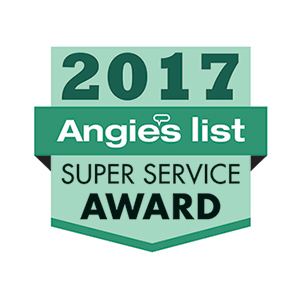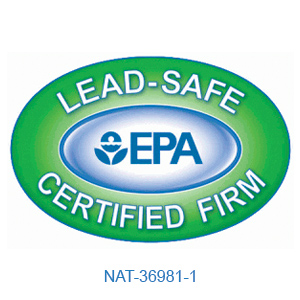Home Performance Review - Portland, Oregon
Home Performance
With oil prices skyrocketing and concerns for the environment at an all-time high, it’s no wonder people want to conserve energy. Making your home more energy efficient will not only reduce your carbon footprint but also save you a lot of money on utility bills. A home energy review is the first step in making your home more energy efficient.
Home performance usually starts with a Home Energy Review. An energy review is usually conducted FREE OF CHARGE by the Energy Trust of Oregon or the homeowners’ primary utility company (PGE, NW Natural, Pacific Power, etc.)
What is a Home Energy Review? A review helps assess how much energy your home uses and evaluates what measures can be taken to improve a home’s efficiency.
How do I prepare for a review?
- Make a list of existing issues in your home (condensation, drafty rooms, etc.)
- Obtain copies of a summary of your yearly energy bills (you can get these from your utility company if you don’t already have them)
- Contact the Energy Trust of Oregon to schedule a Home Energy Review
1-866-368-7878
www.energytrust.org
What to expect at a review
The Home Energy Review process takes about an hour and is meant to be a cursory overview of the energy efficiency of a home. The reviewer will arrive and analyze the exterior of the home, and the residents’ behavior. These answers will help uncover simple ways to reduce a household’s energy consumption. This review DOES NOT INCLUDE making any actual changes, just suggestions for change. The reviewer will leave you with a list of recommendations for making your home more energy efficient. This is the point where the reviewer may suggest a Comprehensive Home Performance Assessment (CHPA) which will be completed by a Building Performance Institute (BPI) certified Home Performance contractor. This is where Affordable Home Remodeling can help you.
Comprehensive Home Performance Assessment (CHPA) Affordable Home Remodeling is a Building Performance Institute (BPI) certified contractor that will perform a CHPA. At the time a CHPA is scheduled, a complete and thorough analysis will determine specific areas of your home that are most benefited by our sealing, venting, and climate control methods. The whole CHPA process takes about 3-4 hours.
What to expect at a CHPA
1. Customer interview/introduction
a. Explain testing procedures
b. Inquire about customer concerns – condensation, drafty or uncomfortable rooms, etc.
c. Inquire about customer history/lifestyle – is there anyone home during work hours? What is the average thermostat setting for summer and winter? How many people live in the home? Is every room in use?
d. Comprehensive duct leakage test
e. Pressure pan test to identify major leaks in individual duct runs
2. Visual Inspection
a. Exterior – wall area and dimensions, number and size of windows and doors, drainage and moisture problems, chimney and exhaust flues, roofing and ventilation, etc.
b. Interior – insulation levels, major air and duct leakage locations, moisture problem ventification, safety controls, etc.
3. Combustion appliance identification and inspection
4. Diagnostic “Test-In” – Required in accordance with BPI standards before work is started on applicable measures
a. Blower door (house air leakage) test
b. Combustion Safety Testing in Worst Case Scenario – performed on each appliance to ensure safe operation including spillage, draft, carbon monoxide, and efficiency
c. Comprehensive duct leakage test
d. Pressure pan test to identify major leaks in individual duct runs
5. HomeCheck software data input
6. HomeCheck software generated proposal
7. A work proposal is provided to the homeowner.
Areas of Inspection
- Ventilation
- Energy Efficiency (air leakage, insulation, energy consumption, etc.)
- Combustion Safety
- Moisture and Mold Problems
Tools Commonly Used for CHPA
- Blower door: A fan that fits inside the door opening with digital pressure gauges to allow the measurement of air flow. It determines what areas can and need to be sealed for maximum home efficiency.
- Gas leak detector
- Combustion analyzer: A hand-held device that gives a digital reading to determine the efficiency of a combustion appliance such as a furnace or water heater.
- Carbon monoxide (CO) monitor
- Pressure pan: A device placed over an individual vent or duct and attached to a diagnostic tool to determine air leakage in that specific vent or duct.
- Infrared (IR) Camera: A thermographic camera that forms an image using infrared radiation. Helps detect hot and cold areas in a home.
What are the costs?
Typical costs for CHPA are between $400-$600



